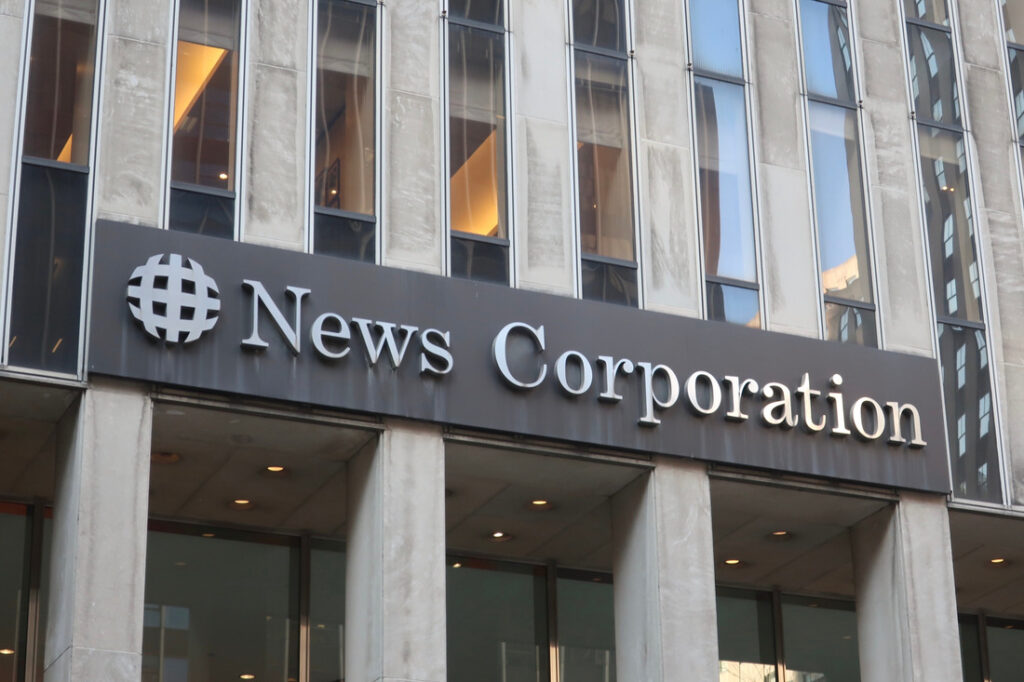This week, Rupert Murdoch’s media companies, Dow Jones and NYP Holdings, have filed a lawsuit against Perplexity AI, claiming the AI service is engaged in a “massive amount of illegal copying” of their copyrighted content.
Filed in the Southern District of New York, “This suit is brought by news publishers who seek redress for Perplexity AI’s brazen scheme to compete for readers while simultaneously freeriding on the valuable content the publishers produce,” the lawsuit states.
Perplexity AI’s ‘skip the links’ promise faces legal scrutiny
Perplexity AI, part of a growing wave of startups leveraging large language models (LLMs) to disrupt the search engine landscape, compiles information from what it deems authoritative sources to create concise summaries tailored to user prompts. The company markets its interface as offering users the ability to “skip the links,” enticing them with the promise of instant answers without the need to visit original sources.
According to the lawsuit, both companies are targeting Perplexity AI specifically for allegedly failing to provide and encourage proper sourcing and credit, in contrast to other AI search engines that perform a better job.
The suit claims that Perplexity AI uses “copyrighted content to generate responses to users’ queries that are intended to and do act as a substitute for news and other information websites.” The two media firms argue that their high-quality journalism and extensive newsgathering are ultimately being used at no cost by Perplexity AI to enhance and develop its own system.
“Perplexity perpetrates an abuse of intellectual property that harms journalists, writers, publishers and News Corp,” said News Corp CEO Robert Thomson in a statement sent to The Recorder.

In December 2023, The New York Times became the first major American news organization to file a lawsuit against AI companies for parallel offenses, accusing them of causing “billions of dollars in statutory and actual damages” through the “unlawful copying and use of The Times’s uniquely valuable works.” They claim Open AI “has imperiled the very enterprise of journalism.”
These recent accusations from Murdoch’s media group underscore a critical and evolving conversation about AI systems and copyright infringement. This discourse, described by multinational law firm Ropes and Gray as being “at a crossroads” highlights a complex legal landscape.
Defendants frequently argue that once AI models are trained, they no longer contain copies of the “scraped” content or any specific material used during the training process. This assertion has become a central element of defense for AI companies facing copyright allegations.
This is a crucial battleground for online publishers. With revenue streams increasingly strained and unreliable advertising models determining the near future, the rise of LLMs and their uncertain legal authority only worsen the situation.
AI deals: How news organizations are protecting journalism in the digital age
Murdoch’s News Corp might have a way forward, but it requires a willingness to collaborate closely with AI services. In May, the entity struck a substantial content deal with OpenAI in an effort to protect their journalism and engage a future where AI platforms may become the primary destination for real-time news.
“The pact acknowledges that there is a premium for premium journalism,” Thomson said in a memo to employees. “The digital age has been characterized by the dominance of distributors, often at the expense of creators, and many media companies have been swept away by a remorseless technological tide,” he added.
OpenAI has secured several significant publishing agreements, including a three-year deal with Axel Springer for the use of its content in both training and display. The Financial Times has also established a “strategic partnership” with OpenAI, and The Atlantic and Vox Media have both announced partnerships with the artificial intelligence company.
News organizations are evolving in the digital age by forging agreements that protect their journalism through proper attribution and credit. The Atlantic, for example, is launching Atlantic Labs in partnership with OpenAI, a platform to explore AI tools that enhance its reporting and audience engagement. Similarly, Valuetainment has introduced an AI-powered news site, VTNews.ai, capable of filtering topics, identifying biases and highlighting skewed narratives—a move they hope will be a powerful solution to the fake news epidemic.
AI may seem like a threat to copyright in news and publishing, but strategic partnerships with tech startups could be the very solution the industry needs. By protecting their content, publishers can also leverage AI’s transformative power to elevate their work. This isn’t just an option anymore. The future of journalism will belong to those who embrace AI—not as a rival, but as a tool to redefine the craft.
Photo courtesy of DCStockPhotography/Shutterstock











